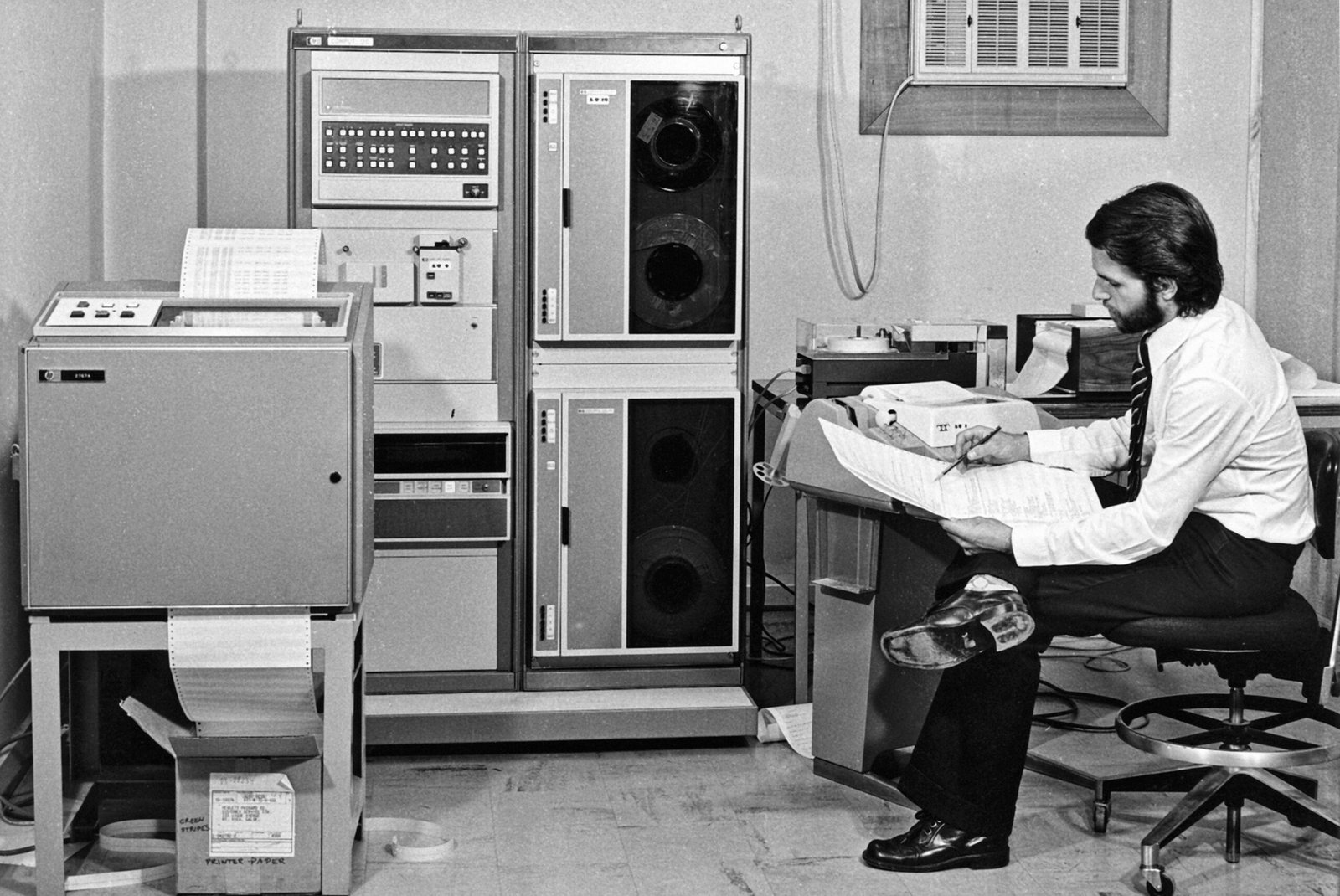Summary
As Donald Trump prepares for a second term, scientists are alarmed about potential threats to federal climate data. After successfully archiving vast amounts of climate information during Trump’s first administration, experts are gearing up to protect these datasets again. Concerns have heightened due to proposals in Project 2025, which aim to dismantle key scientific agencies and eliminate references to climate change. As a result, scientists are mobilizing to ensure that valuable climate data remains accessible.
Highlights -🌍
- Data Preservation Efforts: Scientists are reinitiating efforts to archive federal climate data as Trump returns to office. 🔍
- Past Success: The Azimuth Climate Data Backup Project saved 30 terabytes of climate data during Trump’s first term. 💾
- Increased Threats: Experts believe federal datasets are at greater risk this time, prompting preemptive actions. ⚠️
- Project 2025 Concerns: A conservative plan suggests major overhauls to federal science agencies, raising alarms among scientists. 📜
- Censorship Fears: There is a potential for increased censorship of climate-related information under a second Trump administration. 🚫
- Collaborative Efforts: Organizations are working together to prioritize and secure crucial climate datasets. 🤝
- Future of Climate Research: The accessibility of federal data is vital for global climate research and analysis. 🌐
Eight years ago, as the Trump administration was getting ready to take office for the first time, mathematician John Baez was making his own preparations.
Together with a small group of friends and colleagues, he was arranging to download large quantities of public climate data from federal websites in order to safely store them away. Then-President-elect Donald Trump had repeatedly denied the basic science of climate change and had begun nominating climate skeptics for cabinet posts. Baez, a professor at the University of California, Riverside, was worried the information — everything from satellite data on global temperatures to ocean measurements of sea-level rise — might soon be destroyed.
His effort, known as the Azimuth Climate Data Backup Project, archived at least 30 terabytes of federal climate data by the end of 2017.
Read the full post at Scientific American.





